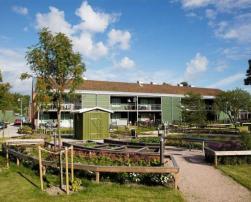
The EU Affordable Housing Initiative supports 35 districts to become inclusive, energy-efficient, and affordable, tackling Europe’s housing crisis while promoting social equity and climate neutrality by 2050.

The EU Affordable Housing Initiative supports 35 districts to become inclusive, energy-efficient, and affordable, tackling Europe’s housing crisis while promoting social equity and climate neutrality by 2050.
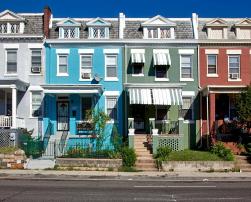
In 2025, Architects’ Council of Europe (ACE) will advocate for key architectural policies, organise events, update studies, support EU-funded projects, and promote innovation in sustainable architecture and housing.
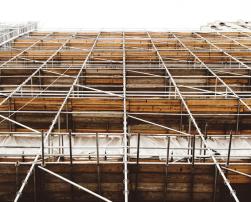
The paper discusses how the INPERSO project aims to enhance energy renovations in EU buildings by using industrialised, user-centred methods and key performance indicators to ensure efficiency and sustainability, while addressing challenges like administrative reluctance and user disruption.
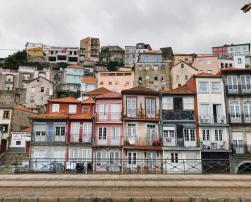
AdEPorto is a non-profit organisation that supports energy-efficient home renovations in the Porto Metropolitan Area, focusing on energy poverty, and now seeks sustainable funding models after Horizon 2020 funding ended in 2024.
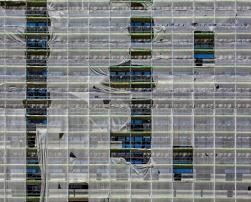
In an interview, Sam Kimmins, director of energy at Climate Group, outlines the necessary steps to double renovation rates in the UK and Europe, emphasising the need for collaboration and addressing key barriers.

LIFE WHILARENO is a 4-year EU-funded project in the Netherlands that simplifies home energy retrofitting by offering affordable, customised solutions, assisting with quotes, installers, and grants to promote energy efficiency and sustainability.
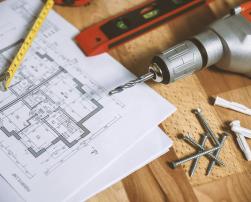
The Energy Performance of Buildings Directive (EPBD) introduces the Building Renovation Passport (BRP) to help plan energy renovations, with a new method developed to schedule cost-effective interventions based on financial circumstances, proven effective through a Portuguese case study.
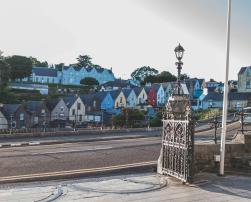
LEAP enhances home energy efficiency in rural Ireland by coordinating retrofits, securing funding, and ensuring quality through strategic partnerships.
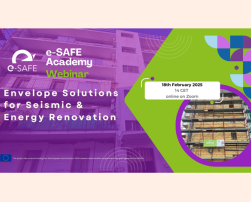
This second session focuses on integrated renovation techniques, highlighting groundbreaking experimental findings from the e-SAFE project.
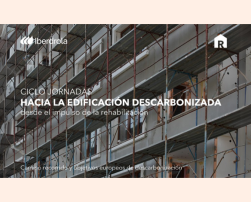
El próximo 24 de febrero de 2025 se celebrará, en la Sala Triangular de la tercera planta del COAM, la primera de las jornadas correspondientes al Ciclo “Hacia la edificación descarbonizada desde el impulso de la rehabilitación"